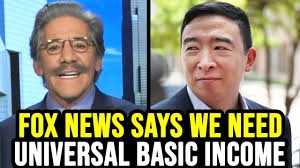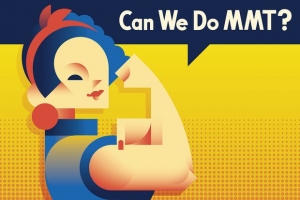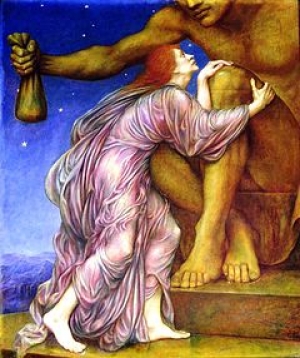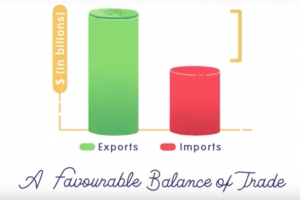The great danger, therefore, with a Coronavirus UBI is that, while it may be introduced sans conditions initially, the state, or rather the powers that control the state, might eventually decide to make all sorts of demands on UBI recipients. They may require vaccination, for example, as a condition of receiving it, or specific community services in exchange for it, or the surrender of privacy and other civil rights. The tying of any such stipulations to a UBI or a National Dividend would be completely at odds with the Douglas Social Credit vision for society and must be vehemently opposed on that basis by freedom-loving people everywhere. A conditional UBI would not lead to greater freedom in the long run, but only to less freedom, perhaps even to much less freedom than we enjoy at present, depending on the nature of the conditions the state imposes and their scope. In the limit, we can imagine a society in which a UBI is granted in exchange for total state-direction of people’s lives:
“The abolition of poverty in the midst of plenty, important as that is, is not the core of the problem. It is conceivable that people might be provided for as well-fed slaves.”[1]
“… the primary characteristic of the slave is not bad treatment. It is that he is without any say in his own policy.”[2]
[1] C.H. Douglas, “The Approach to Reality”: http://socialcredit.com.au/uploads/6463625994.pdf.
[2] C.H. Douglas The “Land for the (Chosen) People” Racket: http://www.yamaguchy.com/library/douglas/land.html













